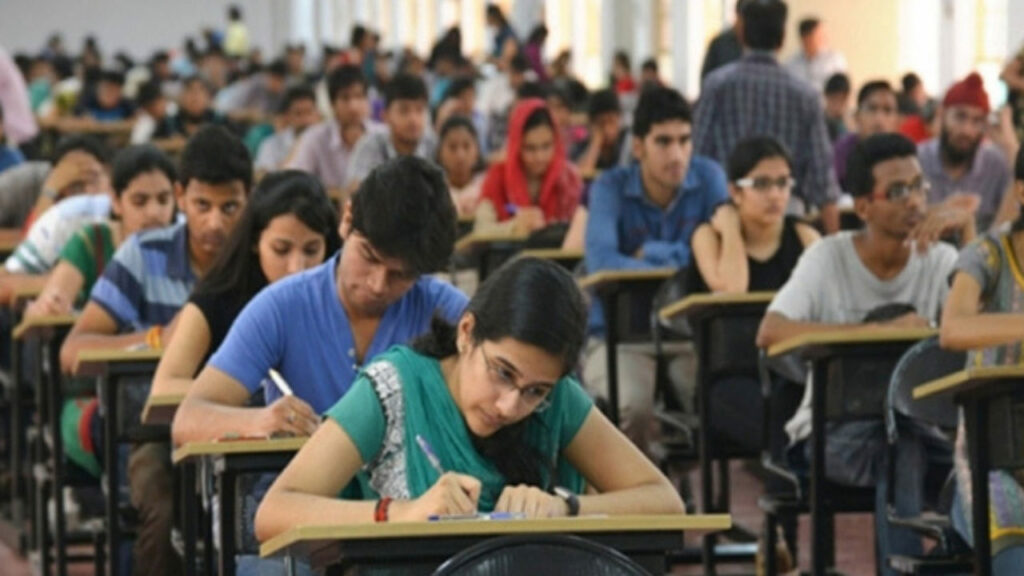The Central Board of Secondary Education (CBSE) is contemplating a significant overhaul of its examination methodology, considering the adoption of Open Book Examinations (OBE) for students spanning from Classes 9 to 12. This potential shift echoes the recommendations put forth by the recently introduced National Curriculum Framework.

Pilot Run: Testing the Waters
The CBSE’s strategy involves conducting a pilot run of open-book assessments in selected schools. The targeted subjects include English, Mathematics, and Science for Classes 9 and 10, while English, Mathematics, and Biology are earmarked for Classes 11 and 12. The primary objective of this pilot initiative is to assess the time taken by students to complete these tests and gather constructive feedback from various stakeholders.
Demystifying Open Book Examinations
Contrary to prevalent beliefs, open-book exams do not necessarily translate to an easier academic challenge. Rather than relying solely on rote memorization, students are tasked with demonstrating comprehension, analysis, and application of concepts. The emphasis is placed on evaluating higher-order thinking skills, critical analysis, and the ability to solve complex problems.
Pilot Implementation and Decision-Making Process
The proposed pilot phase is slated for November-December, with the Board keen on evaluating its effectiveness before considering widespread adoption. This assessment endeavor will specifically highlight the importance of fostering higher-order thinking skills and nurturing creative problem-solving capabilities among students.
Consultation and Preparation: Collaborative Efforts
To ensure the success of this transformative initiative, the CBSE aims to finalize the design and development of the OBE pilot by June. In this pursuit, the Board seeks guidance from Delhi University (DU), which notably pioneered open-book tests during the tumultuous Covid-19 pandemic. However, initial apprehensions regarding equitable access for underprivileged and visually challenged students remain a point of contention that requires careful consideration and proactive solutions.
Drawing from Past Experiments: Lessons Learned
The CBSE’s venture into the realm of open-book assessments isn’t without precedent. In the past, the Board experimented with an Open Text-Based Assessment (OTBA) format, albeit discontinuing it due to unfavorable feedback. Leveraging insights gained from this experience, discussions within the curriculum committee underscore the pivotal role of high-quality textbooks. Furthermore, suggestions have been made to involve teachers in the initial OBE trials to uphold rigorous standards akin to advanced placement examinations.
As the CBSE charts a course towards modernizing its examination framework, the adoption of Open Book Examinations represents a bold step towards fostering critical thinking, problem-solving, and holistic learning among students, heralding a new era in Indian education.













